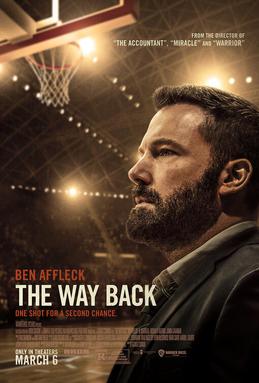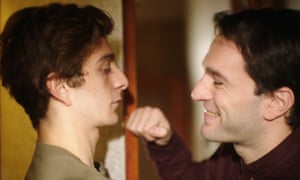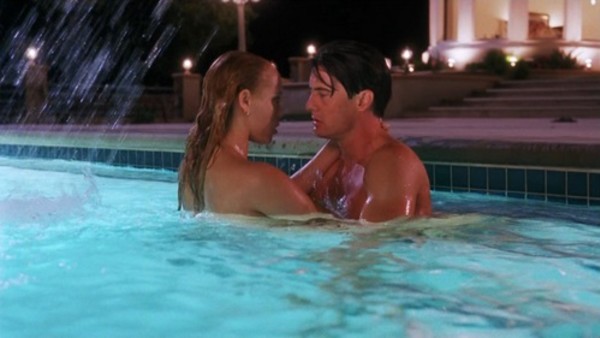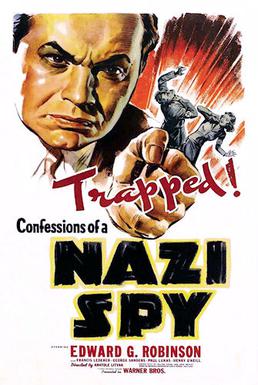Whatever the merits of The Way Back, which had the misfortune to be released just as the Covid-19 pandemic/panic closed theaters, it has a shockingly generic title. The title seems to fit, as The Way Back is a shockingly generic film, one filled with tropes, lazy characterizations and pretty bad performances.
Former basketball phenom Jack Cunningham (Ben Affleck) is now a thoroughly dissolute man. Working construction, with an estranged wife and a terrible tragedy revealed as the film goes on, Jack's days begin and end with alcohol (he literally drinks a can of booze while showering). To say he's a functioning alcoholic is putting it mildly: given how much he actually drinks, it's a wonder he can even stand.
Nevertheless, his former Catholic high school thinks Jack will be the perfect coach to the struggling team for the remainder of the season. Jack reluctantly takes this apparently volunteer job (he still goes in to his construction job) and begins to slowly lead his ragamuffin team to victories. However, while it looks like his personal demons and alcoholism are put on hold, another tragedy triggers his own deep one and off the wagon he goes. Eventually forced out due to his alcoholism, Jack goes to therapy and rehab while his team wins one for their Coach Jack.
 The Way Back is the first film I saw in an actual theater as movie houses slowly started reopening (don't tell the relatives, who assume anyone going to the movies now will drop dead before the end credits roll). As I watched The Way Back, a certain cynicism took hold thanks to screenwriter Brad Ingelsby's solid determination to make it some kind of inspiring redemption tale. It is not a good sign when, what is meant as a climatic three-point shot that will get Bishop Hayes High School to the playoffs, I started shouting "MISS! MISS!".
The Way Back is the first film I saw in an actual theater as movie houses slowly started reopening (don't tell the relatives, who assume anyone going to the movies now will drop dead before the end credits roll). As I watched The Way Back, a certain cynicism took hold thanks to screenwriter Brad Ingelsby's solid determination to make it some kind of inspiring redemption tale. It is not a good sign when, what is meant as a climatic three-point shot that will get Bishop Hayes High School to the playoffs, I started shouting "MISS! MISS!".The theater was empty, so it was all right.
The Way Back has a lot of tropes that almost make it play like a spoof of these "inspirational" sports films. The entire basketball team is comprised of kids from the Cliched School of Hip-Hop Teens. There's Kenny (Will Ropp) the ladies man who woos three cheerleaders simultaneously, Brandon (Brandon Wilson) the quiet player who is another phenom, Chubs (Charles Lott, Jr.) the jolly one who starts the team with a pre-victory dance, Marcus (Melvin Gregg) the tallest player who begs to return after being thrown off for being late. All the team players are stereotypical trash-talking, casually disrespectful young men who feel free to curse in front of the team's chaplain.
Most of The Way Back's subplot involves Brandon, but even that seems more like an afterthought, as if it was left over from a previous draft. We have a scene where Jack goes to Brandon's father to talk about getting recruited by universities and is instantly rebuffed. It's no surprise that at a climatic game Brandon's father shows up.
 Brandon's story, like Jack's alcoholism or the reason behind it, seems to come and go whenever the film needs an injection of drama. Granted, I rarely if ever drink and may not understand Jack's tolerance for alcohol, but I find it incredibly hard to believe one scene where he apparently finished off what might have been a twenty-four pack as he rehearses his initial rejection of the coaching position and still managed to sound relatively coherent and steady on his feet.
Brandon's story, like Jack's alcoholism or the reason behind it, seems to come and go whenever the film needs an injection of drama. Granted, I rarely if ever drink and may not understand Jack's tolerance for alcohol, but I find it incredibly hard to believe one scene where he apparently finished off what might have been a twenty-four pack as he rehearses his initial rejection of the coaching position and still managed to sound relatively coherent and steady on his feet.I get that The Way Back wants to say that Jack is finding both redemption and purpose in his coaching, but for someone who was that deep into booze, his almost cold-turkey abstinence seems a bit hard to believe.
I did not see Ben Affleck give a performance as his performance seemed to consist of looking sad or yelling a curse storm in front of the kids. Again, I've never believed Ben Affleck is an actor though an excellent director. He was flat throughout, and when he tries to be deeper or dramatic such as with his estranged wife he never convinced me Jack was a troubled soul.
The interesting thing in The Way Back with regards to the basketball games is that we mostly get the final scores and very few actual games. This lack of games, along with the thinnest of characterizations for our cliched team members, robs this viewer of a truly vested interest in Bishop Hayes' basketball team. It's as if we are asked to care about them without knowing much if anything about them.
The Way Back brings to mind that Ben Affleck had been originally cast as Don Haskins in Glory Road until he dropped out, Josh Lucas replacing him in the lead role. Perhaps he now wanted his own basketball film. Unfortunately, everyone seems to have gotten lost in The Way Back.
DECISION: C-






.jpg)









